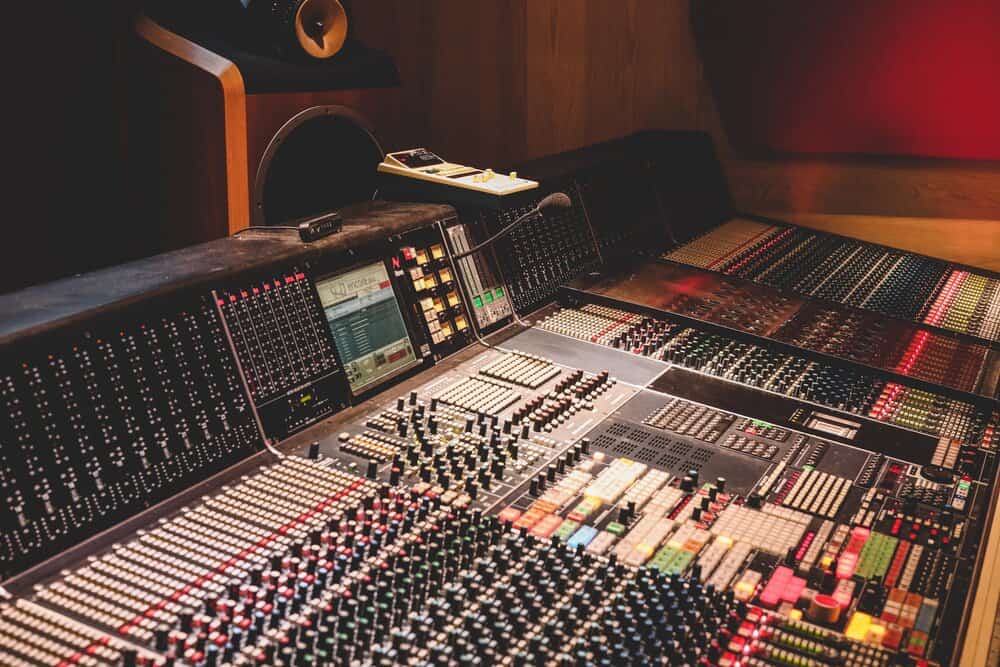First things first. Record companies are businesses. They are constructed to be motivated by making as much money as possible for themselves and their shareholders. They are not charities that give away services to artists just because they want to lend a helping-hand. Let’s establish this point right away.

For an artist, if a record company wants to sign you it is a certainty that it is because they see the potential to make money off of you (or with you, depending on how you look at it).
Record labels can help artists make more money than they may currently be making on their own, but at the end of the day record companies are simply just investing in a commodity in which they see the possibility to recoup more than what they initially put in.
Record companies are essentially doing the same as someone who is looking at all of the new shoes that come out each season, predicting which models or styles will be worth more over time, and investing on their prediction.
Buy a pair of Yeezys now for $350, hope that over time the brand becomes more valuable on its own, sit on them, and sell when they’re worth $900.
“360” Deals
One way record companies recoup their investment is by urging upcoming artists to sign a 360 deal. This kind of deal typically allows record companies to take portions of all income sources that an artist generates, hence the 360 degree name-tag.
This means that the record company would be entitled to money from streams, apparel, features, TV& movie appearances, advertisement and endorsement deals, and possibly even claim a portion of other businesses that the artists start on their own.
Established artists almost never sign these 360 deals, but that is because they have typically established enough credibility and leverage in their business to say no to deals that they do not need. An upcoming independent artist who may be struggling to get by, let alone break into the music industry, would find it very hard to say no to these deals – and the labels know this and use it to their advantage. Why? Because that’s the smart business move for their business and shareholders.
If an artist signs a 360 deal with a record company they will usually make more money up-front in exchange for hindering their income down the road, but of course the labels don’t frame it that way.
360 deals are the new things of the industry. It’s not about selling records; it’s about selling T-shirts, getting a piece of your publishing, getting a piece of your touring, and all these other kind of properties.
-Lupe Fiasco
It is important to educate yourself on the hidden layers of record deals and to understand that musicians do not need a record company to succeed. If record companies want to sign you, they see the ability to make money off of you, period. This means you can make the money yourself if you are willing to invest in yourself.
If you have not read Donald Passman’s All You Need to Know About the Music Business we highly suggest purchasing it, reading it, and studying it. You can learn much of what you need to know in order to succeed in the music industry from this one book.